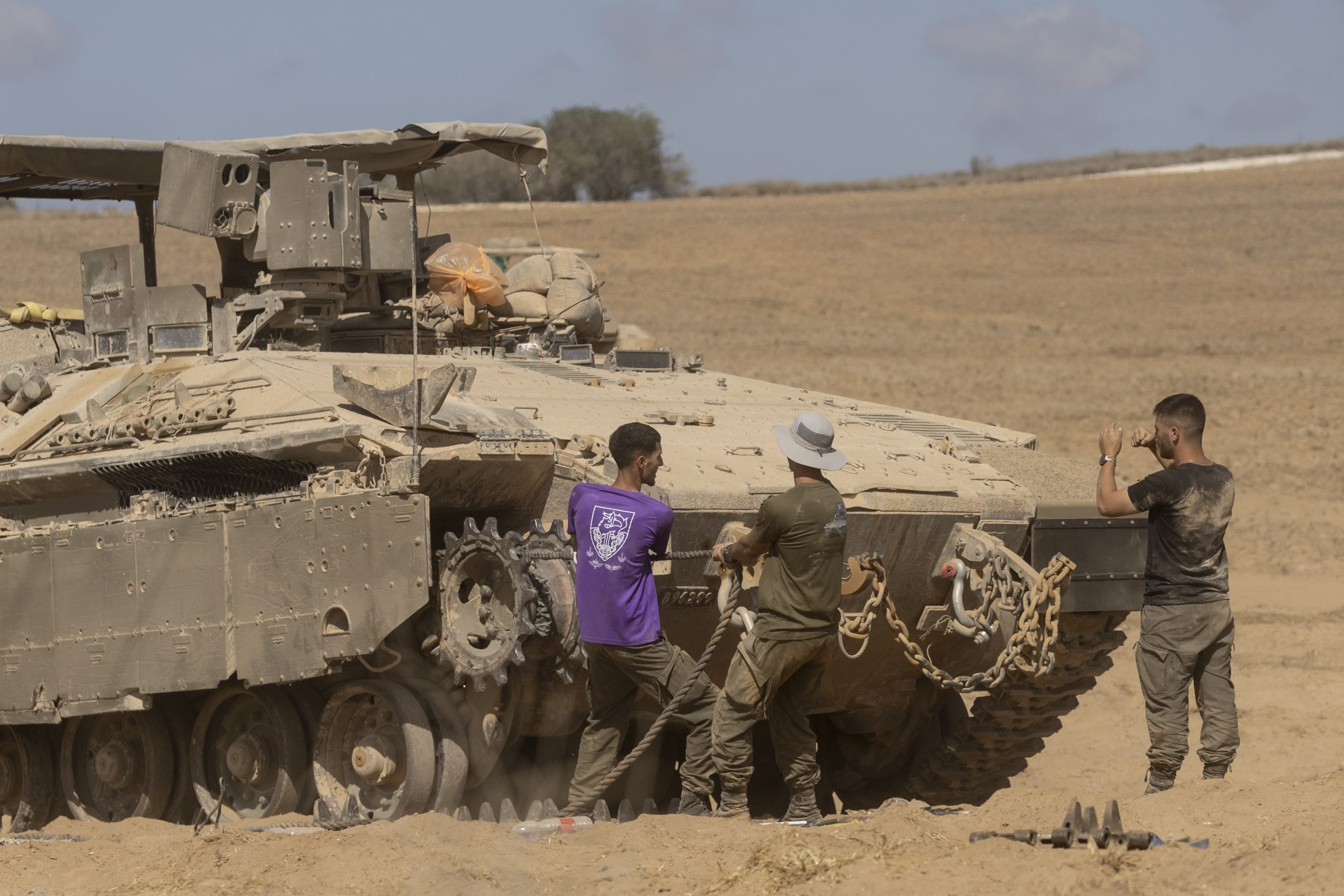The fragile ceasefire between Israel and Hamas, painstakingly brokered after years of conflict, hangs precariously in the balance. While diplomatic efforts continue at the United Nations, the fate of the truce may ultimately rest not in the halls of power, but in the dark, claustrophobic tunnels beneath the war-torn streets of Rafah. An estimated few dozen to potentially as many as 200 Hamas fighters remain trapped underground, a situation that presents a volatile and unpredictable threat to the already delicate peace.
The Underground Predicament
The presence of these trapped fighters behind Israeli lines constitutes a major sticking point. Since the ceasefire began, the Hamas-run health ministry reports that approximately 268 Palestinians have been killed by Israeli fire, adding to the existing tensions and distrust. Although the region hasn’t returned to the full-scale combat seen in the past two years, the potential for renewed hostilities remains alarmingly high. The situation underground is a powder keg waiting for a spark.
Ceasefire Jeopardy
The existence of these fighters in the tunnel system represents a direct challenge to the agreed-upon terms of the ceasefire. Israel views their presence as a security threat and a potential violation of the agreement. Hamas, on the other hand, likely sees these fighters as prisoners of war, deserving of rescue and release. This impasse creates a dangerous stalemate, where any miscalculation or escalation could quickly unravel the entire ceasefire agreement.
Beyond the Tunnels: A Wider Context
It’s important to remember that the situation is not just about the trapped fighters. The underlying causes of the conflict, the humanitarian crisis in Gaza, and the unresolved political issues all contribute to the fragility of the ceasefire. The UN Security Council recently approved a US-drafted plan, calling for an international security force and keeping the door open for eventual Palestinian statehood. But the effectiveness of any long-term solution hinges on addressing the immediate security concerns, including the situation in the tunnels.
Ultimately, the fate of the Gaza ceasefire may depend on how this underground drama unfolds. A negotiated resolution that addresses the security concerns of both sides is crucial to preventing a return to bloodshed and paving the way for a more sustainable peace. Failure to do so risks plunging the region back into a cycle of violence, with devastating consequences for all involved.
Based on materials: Vox





